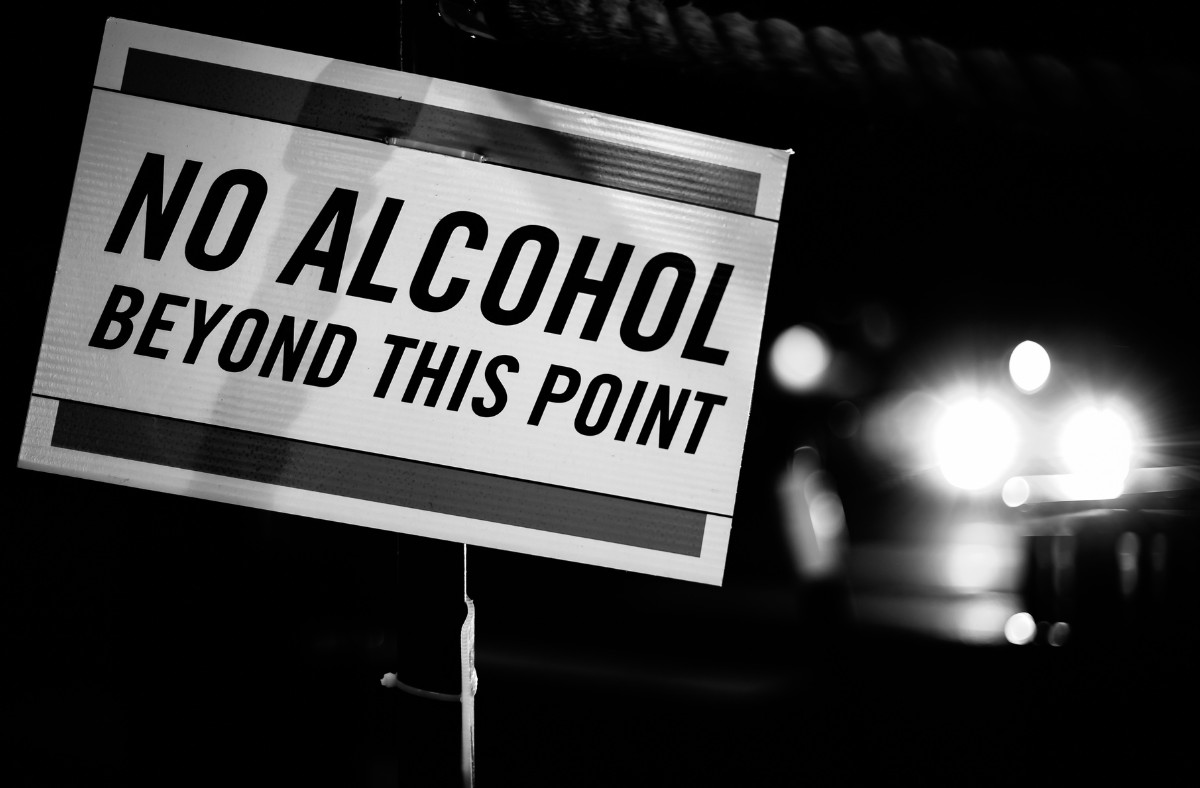
In Texas, driving while intoxicated (DWI), or driving drunk, means that your blood alcohol concentration (BAC) is at or over the legal limit of 0.08% for anyone 21 years old or older. If you’re a minor and under the age of 21, any detectable amount of alcohol is illegal — also called a Zero Tolerance Law in Texas— and for commercial drivers, the legal limit is 0.04%. However, you can still be charged with a DWI despite having a BAC under 0.08% if your actions indicate that you’re severely impaired due to alcohol or drugs — Texas defines intoxication as lacking the normal use of mental or physical faculties. Let’s go over the consequences for each DWI offense in Texas.
First offense:
- A fine of up to $2,000 (or up to $4,000 with a BAC of 0.15% or more)
- Jail time between 72 hours-6 months (12-month maximum with a BAC of 0.15% or more)
- License suspension for 90 days-12 months
- Ignition interlock device (IID) might be implemented as a condition of obtaining a hardship or occupational license (if you need to drive to work or school and having a suspended license would create an undue hardship)
Second offense:
- A fine of up to $4,000
- Jail time between 30 days-12 months
- License suspension for 180 days-2 years
- IID for one year (with a prior conviction within five years)
Third offense (and subsequent offenses):
- A fine of up to $10,000
- Jail time between 2-10 years
- License suspension of 180 days-2 years
- IID for one year (with a prior conviction within five years)
In Texas, you can be charged with a felony DWI under certain circumstances. If you’ve had two or more DWI convictions within the past ten years, the third offense can be charged as a third-degree felony, which carries two to 10 years in prison and up to $10,000 in fines. Operating a vehicle with a minor passenger (younger than 15 years old) is a state jail felony and comes with 180 days to two years in jail as well as up to $10,000 in fines.
Most seriously, if you cause serious bodily harm or kill someone while driving drunk, you can be charged with either intoxication assault or intoxication manslaughter. Intoxicated assault is a third-degree felony with a conviction carrying two to 10 years in prison and up to $10,000 in fines while intoxicated manslaughter is a second-degree felony with a possibility of two to 20 years in prison and up to $10,000 in fines.
How about those zero-tolerance laws for minors? Anyone under the age of 21 who is caught with any detectable amount of alcohol in their system can be convicted of what’s called driving under the influence of alcohol (DUIA) in Texas, whether they’re actually intoxicated or not. However, if the minor meets the DWI standard for intoxication (0.08% BAC or above), they can be charged with both DWI and DUIA.
The consequences of receiving a DUIA vary by age. If you’re a minor under the age of 17, a DUIA is considered a class C misdemeanor with a first conviction carrying a fine of up to $500, a minimum 60-day license suspension, and 20-40 hours of community service, as well as mandatory attendance in an Alcohol Awareness Course. For minors ages 17-20, a DUIA is a class B misdemeanor and can carry up to $2,000 in fines, jail time from 72 hours to 180 days, and a minimum one-year license suspension.
If you’re mandated by a court to take education courses, Texas Court Classes offers both a Driving While Intoxicated Education (DWI-E) program for first-time offenders as well as a Driving While Intoxicated Intervention (DWI-I) course for repeat offenders. You can read more about navigating the online programs for DWI-E here.
The simple conclusion here? Don’t drink and drive, period. But if you’re caught in an unfavorable situation, be sure to consult a criminal defense lawyer.
Disclaimer: The information in this blog is not legal advice and shall not be construed as such. Please consult a licensed attorney if you have questions or need legal advice.






